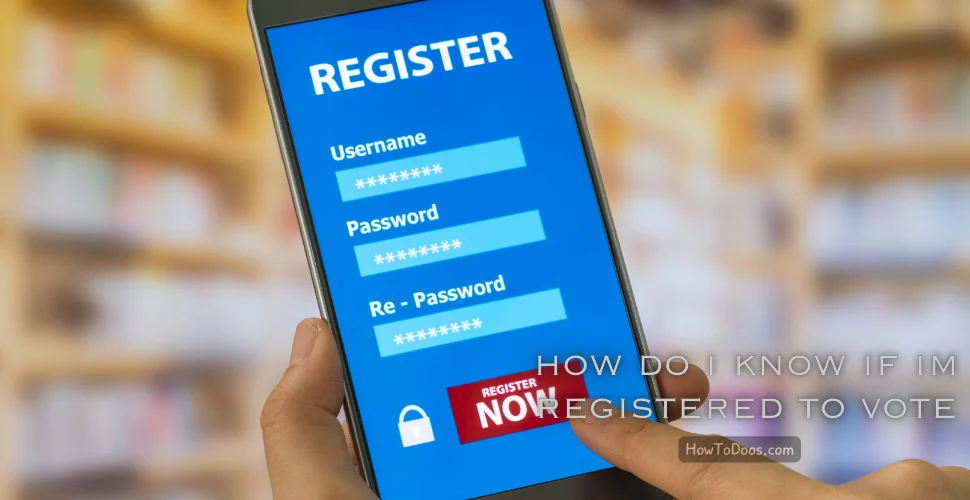How to Become a Delegate – A Step-by-Step Guide to Representing Your Community
-
 Jessica Williams
Jessica Williams - 25 Aug, 2024

Becoming a delegate is a powerful way to influence decision-making and represent your community’s interests at various levels of government or within organizations. Whether you’re aiming to be a delegate at a political convention, within a labor union, or another organization, understanding the process is crucial. This guide will walk you through the steps to becoming a delegate and offer tips on how to be an effective representative.

What is a Delegate?
A delegate is an individual chosen to represent a group of people in a larger assembly, often with the authority to vote on their behalf. Delegates play a vital role in political parties, conventions, and various organizations by conveying the opinions and decisions of the group they represent.
Steps to Becoming a Delegate
1. Understand the Role of a Delegate
Before pursuing a delegate position, it’s essential to understand the responsibilities and expectations associated with the role. Delegates are often required to:
- Attend meetings, conventions, or assemblies.
- Vote on key issues and candidates.
- Represent the views and interests of their community or organization.
- Communicate effectively with the people they represent.
2. Choose Your Area of Representation
Decide where you want to become a delegate. This could be within a political party, a labor union, a civic organization, or any other group that selects delegates to represent its members.
3. Meet the Eligibility Requirements
Eligibility requirements for becoming a delegate vary depending on the organization or event. Common requirements include:
- Membership: You may need to be a member of the group you wish to represent.
- Residency: Some delegate positions require you to reside in a specific area.
- Age and Citizenship: Political delegate positions often have age and citizenship requirements.

4. Engage with the Community
Start engaging with the community you wish to represent. Attend meetings, participate in discussions, and build relationships with key stakeholders. This will help you understand the issues that matter most to your constituents and gain their support.
5. Declare Your Candidacy
Once you meet the eligibility requirements and have the support of your community, you can declare your candidacy for the delegate position. The process typically involves:
- Filing paperwork: Submit the necessary forms to the relevant authorities or organization.
- Campaigning: Share your platform, goals, and vision with the community to gain votes.
6. Run a Campaign
Running a successful campaign involves:
- Building a Team: Assemble a group of supporters to help with your campaign.
- Developing a Message: Clearly articulate why you are the best candidate for the delegate position.
- Reaching Voters: Use various methods, such as door-to-door canvassing, social media, and public events, to reach voters.
7. Participate in the Election
Participate in the election process, whether it’s a primary, caucus, or another selection method. Ensure that your supporters turn out to vote and that you follow all rules and procedures.
8. Serve as a Delegate
If elected, you’ll need to fulfill your duties as a delegate by attending meetings, voting on key issues, and representing your constituents’ interests. Keep open lines of communication with the people you represent to ensure their voices are heard.
Tips for Being an Effective Delegate
- Stay Informed: Keep up-to-date with the issues and policies that affect your community.
- Communicate Regularly: Maintain regular communication with your constituents to understand their needs and concerns.
- Act with Integrity: Represent your community’s interests honestly and ethically.
- Be a Leader: Take initiative and lead by example in your role as a delegate.

Summary
Becoming a delegate is a rewarding way to engage in civic participation and represent your community’s interests. By understanding the role, meeting eligibility requirements, and running a strong campaign, you can become an effective delegate. Once elected, your responsibility is to act in the best interests of those you represent, ensuring their voices are heard in the decision-making process.


